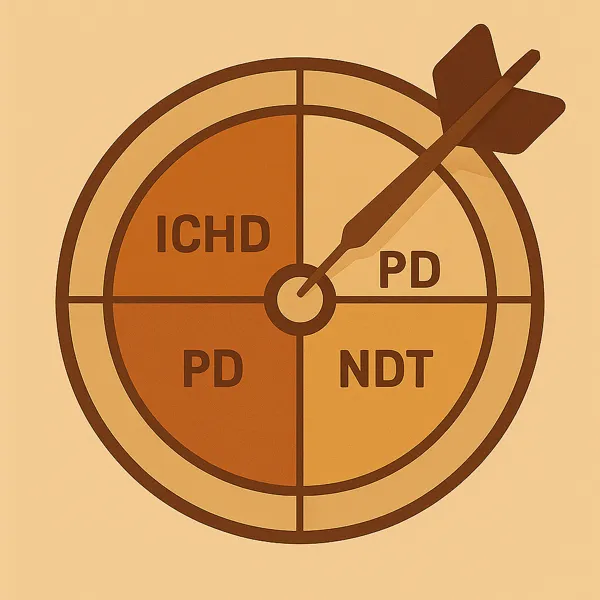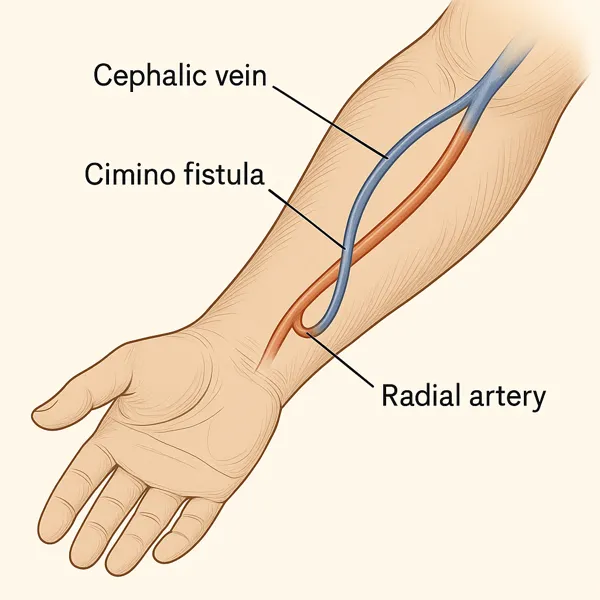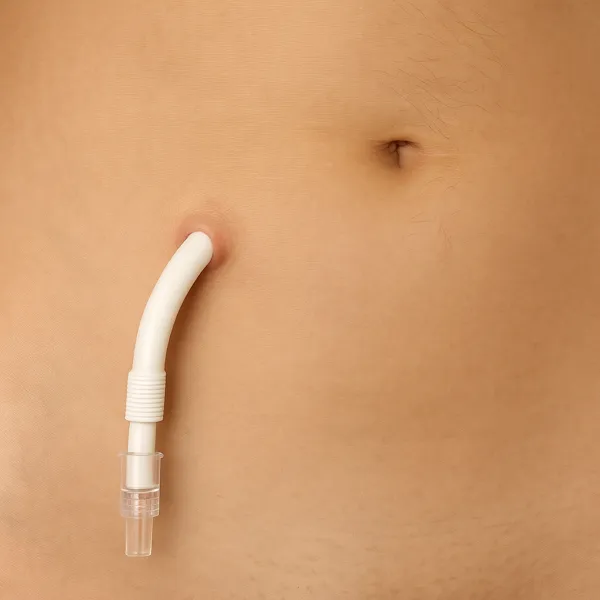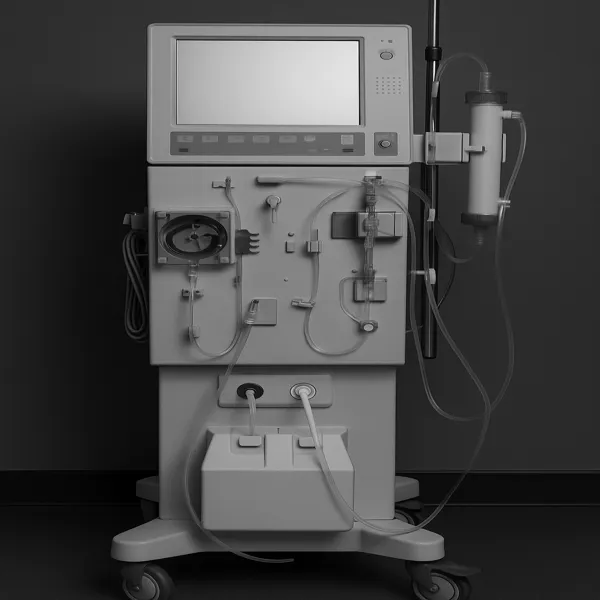Conservative Kidney Care: Just Because You Can, Doesn’t Always Mean You Should
What Is Conservative Kidney Care? Conservative kidney care is a non-dialysis approach to treating advanced chronic kidney disease (CKD). Instead of using dialysis or pursuing a transplant, this care model focuses on relieving symptoms, maintaining comfort, and aligning treatment with a person’s individual goals and values. Is it the same as “doing nothing”? Not at…





